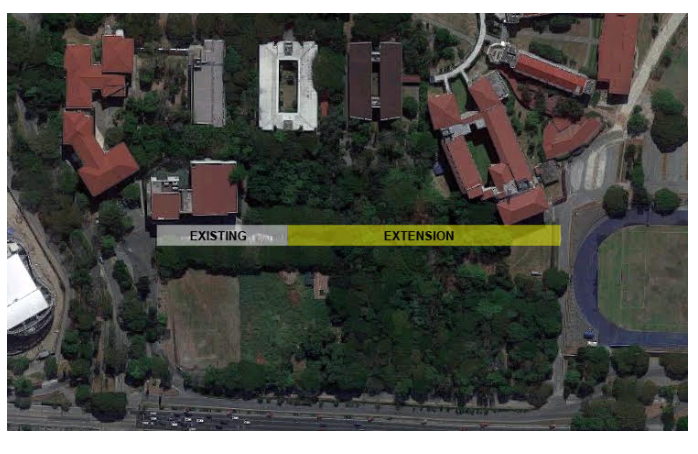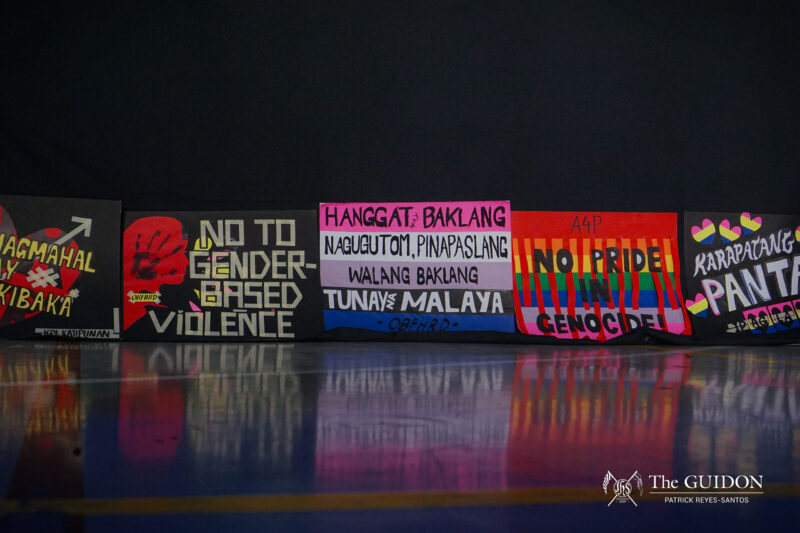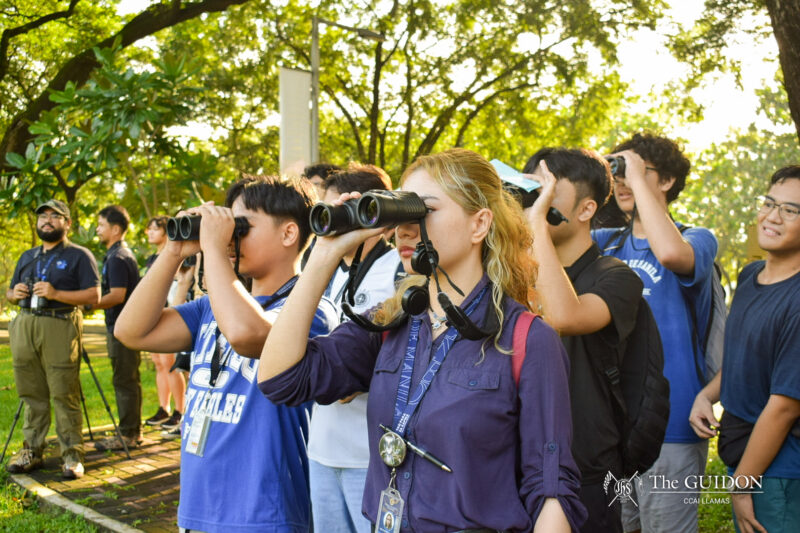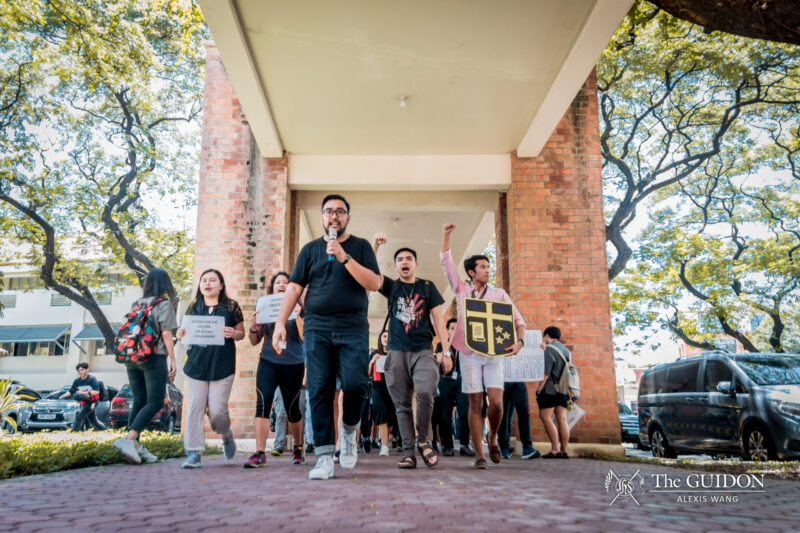A ROAD extension and widening project that will link the New Rizal Library to the JSEC/Moro Lorenzo Football Field area has been postponed amid opposition from some members of the Ateneo community.
The project is part of the Campus Master Plan and efforts to address the University’s mobility concerns. However, concerns have been raised over how the project will affect the School of Management (SOM) Forest.
In a memo released yesterday, Vice President for Administration Nemesio S. Que, SJ said that all construction activities relating to the project were “immediately stopped” following an April 24 meeting with concerned Loyola Schools (LS) faculty.
A “presentation/discussion” of the project will also be held in the next Loyola Schools (LS) Council meeting on Friday, May 4, 5:00 PM, at the Faber Hall Multi-Purpose Hall. Students, faculty, and staff are invited to attend.
Que said that “it would be best to bring the discussion to a bigger audience where other LS groups will also be represented.”
Members of the LS faculty present in the April 24 meeting were Remmon Barbaza, PhD of the Philosophy Department, Hidde van der Wall, PhD of the Fine Arts Department, and Brian Giron of the History Department.
Campus Facilities Management Office Director Michael Canlas, University Communication and Public Relations Office Director Rica Bolipata-Santos, PhD, Abigail Favis of the Ateneo Institute of Sustainability, and Glenn de Leon of the Office of the President (Ateneo) were also in attendance.
Que also said that the donor for the project was informed of the postponement and “graciously acceded to our request to put the project on hold.”
Future of SOM Forest
On April 14, Canlas sent a memo through Blueboard informing the community of the project. The project was supposed to run from this month until July.
Canlas wrote that the project required “necessary tree movement activities,” but assured that these were “kept in accordance with the DENR and QC Parks and Development (guidelines and permit requirements) and the University Sustainability Guidelines.”
“We have prioritized the protection and preservation of indigenous trees and intend to ball-out and transfer these to assigned suitable sites and natural sanctuaries on campus. Trees that have been considered as non-indigenous and pose hazards to the community (i.e. Mahogany and Gmelina) will be properly harvested and re-used as wood material for various projects and initiatives,” the memo said.
Barbaza criticized the project in a Facebook post yesterday, saying that SOM Forest is host “to a diversity of species of plants and animals, including birds and insects” and “is also the most widely used green area on campus.”
“Meanwhile, in my own University, machines and heavy equipment are already poised to cut through the only forest that we have that serves as a buffer between the campus and the polluted, congested, and noisy road outside, to build a 4-lane extension of an existing road,” he wrote.
He also said that a number of faculty members have started discussions with the administration to stop the project and open a wider discussion that will address campus mobility concerns “in a way that does not simply privilege motorized vehicles at the expense of pedestrians and cyclists.”
“We in the University often like to speak about the environment, sustainability, and inclusive mobility. Saving the SOM Forest is a test of our commitment to our espoused ideals and principles,” he said.
Following Que’s memo, Barbaza expressed his appreciation for “the administration’s willingness to open to the wider University community the discussion on such a vital issue.”
In his memo, Que wrote that the University wishes to balance its environment with greenery and appropriate land use, and that it recognizes the “need to balance the demands of pedestrians, cyclists, and motorists.”
This is a developing story. The GUIDON is reaching out to FMO and other members of the community for further comment.







